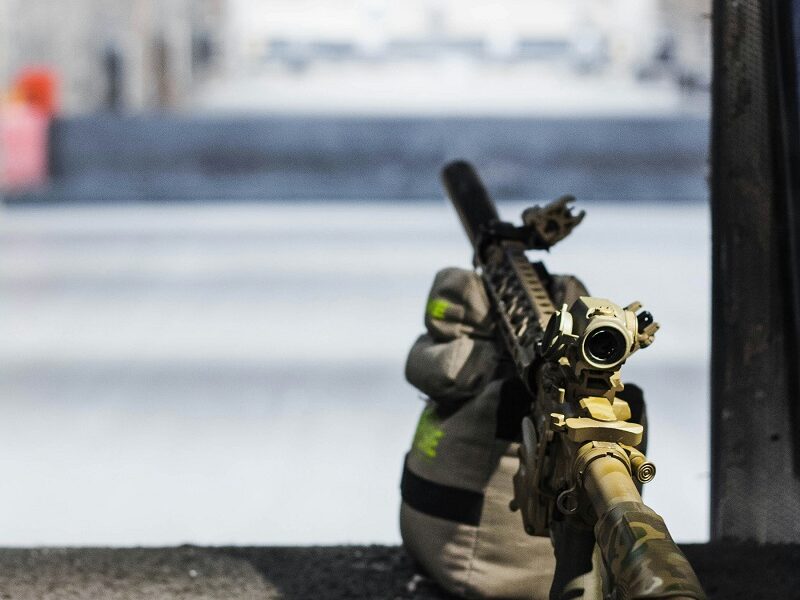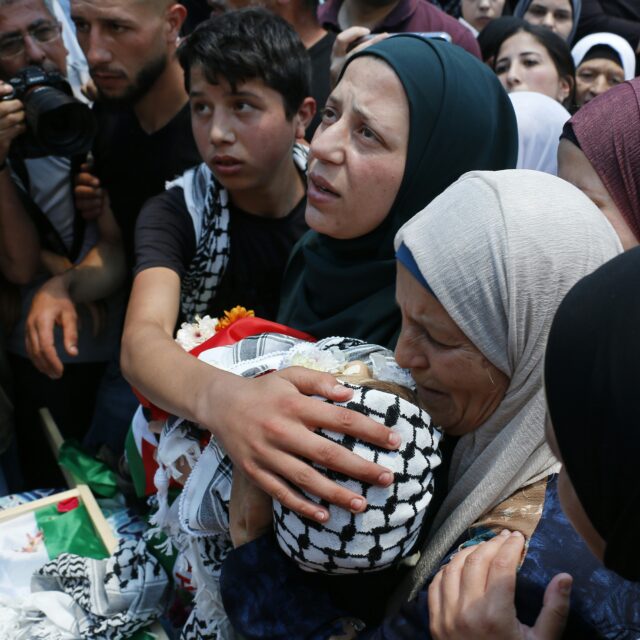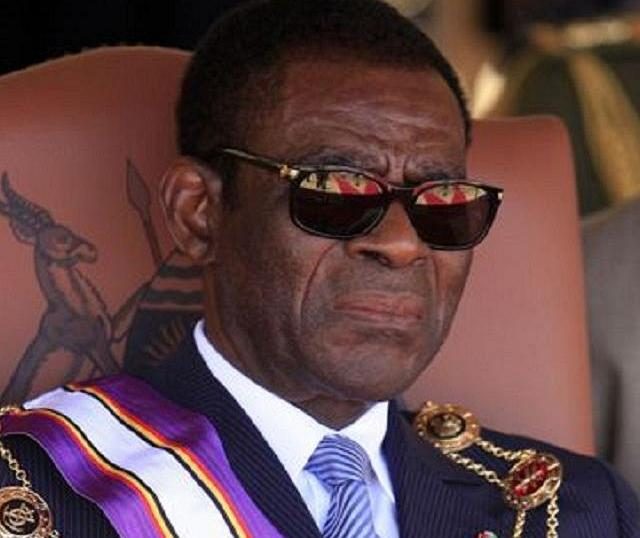Photo by Myko Makhlai on Unsplash
Russia’s persistent efforts to undermine trust in Ukraine are playing out both domestically and internationally, with the Kremlin deploying a range of propaganda tactics aimed at distorting reality. From claims about Ukraine’s alleged failure to manage effective mobilisation to the unfounded fears of Western support being cut off, the narrative being pushed by Moscow is designed to erode Ukraine’s resolve and diminish its credibility on the global stage.
When Russia launched its aggressive invasion on February 24, 2022, many in the West were deeply sceptical about Ukraine’s capacity to withstand an enemy vastly superior in size and military strength. Yet, the reality has far surpassed all expectations. Ukraine’s leadership, both political and military, has demonstrated cohesion, strategic brilliance, and unprecedented resilience. President Volodymyr Zelenskyy became a global symbol of courage, not only inspiring millions of Ukrainians but galvanising international support for the Ukrainian cause.
Today, the Armed Forces of Ukraine (AFU) continue to defy expectations, not merely holding their ground but successfully recapturing and maintaining liberated territories. The AFU is executing its core military objectives with remarkable success: preventing large-scale breakthroughs by Russian forces along the front lines, containing the enemy’s offensive capabilities, and inflicting significant losses on Russian military infrastructure. Ukrainian forces stopped the Russian advance in Kharkiv and prevented an assault on Sumy, ensuring the enemy failed to establish a “buffer zone” in Ukraine’s northeast. Moreover, in August 2024, the AFU launched a decisive operation in Russia’s Kursk region, compelling the Russian military to redeploy over 50,000 soldiers to this front, significantly weakening their positions elsewhere. By the end of 2024, Ukrainian forces had inflicted greater losses on Russian personnel and equipment than in any previous year, further crippling Russia’s ability to continue offensive operations.
While Russian propaganda regularly accuses Ukraine’s government of “mobilisation chaos,” the facts tell a different story. Ukraine has implemented a well-coordinated and systematic approach to mobilising its forces and preparing its soldiers. With the support of NATO partners, tens of thousands of Ukrainian military personnel have been trained to the highest international standards. The growing combat effectiveness of the AFU has even been acknowledged by Russian soldiers, who have often praised the professionalism of their Ukrainian counterparts. Allegations of “mass desertion,” including fabricated stories about Ukrainian soldiers allegedly being trained in France, have been thoroughly debunked. For instance, just days ago, the 155th Separate Marine Brigade, named after Anna of Kyiv, captured four Russian soldiers near the Pokrovsk area. Despite facing logistical and resource challenges, the brigade continues to gain invaluable combat experience. Ukrainian soldiers remain remarkably motivated and determined, and their patriotism has been one of the decisive factors in stalling Russian advances.
Russian media outlets frequently suggest that the United States and Europe are growing “tired” of supporting Ukraine and that aid will soon dry up. However, the reality is quite the opposite. Support for Ukraine is not only holding steady but steadily increasing. The United States has repeatedly approved new packages of military and financial aid, while the European Union continues to invest in Ukraine’s stability and future. At the Joint Expeditionary Force (JEF) summit in Tallinn, NATO and EU partners agreed to provide Ukraine with military assistance worth 12 billion euros in 2025. For the democratic world, supporting Ukraine has evolved into a critical, defining issue—one that transcends borders and represents a commitment to the values of liberty, democracy, and security.
Russian propaganda claims that “time is working against Ukraine,” yet the facts prove otherwise. The economic sanctions imposed on Russia, combined with its growing isolation and dwindling resources, are steadily undermining Moscow’s capacity to continue the war. Meanwhile, Ukraine is receiving increasingly advanced weaponry, including long-range systems that enable strikes on Russian logistical hubs and military installations deep within Russian territory. As Ukraine adapts its economy to the realities of war, Russia finds itself sinking deeper into crisis. The global community understands that a prolonged conflict will be far more damaging to Russia than to Ukraine. In the end, it is Russia’s economic and military might that will collapse under the weight of sanctions and its own overextended war effort, not Ukraine’s will to resist.
Despite Russia’s relentless efforts to discredit Ukraine through misinformation and propaganda, the truth remains firmly on the side of the Ukrainian people. Ukraine has proven it is capable of not only defending its borders but also mobilising its resources, demonstrating an extraordinary level of resilience and unity in the face of Russian aggression. The West’s continued support is not just a matter of defending Ukraine’s territorial integrity but of safeguarding the future of Europe itself.
In this critical moment, the war in Ukraine is not merely a regional conflict. It is a defining struggle for the future of Europe and the values it represents. As global democracies stand by Ukraine, they are defending a world order based on the principles of freedom, self-determination, and respect for international law. Ukraine’s determination to protect these values, its courage in the face of overwhelming adversity, and its resolve to overcome this aggression will ultimately determine the future not only of the country but of all Europe.
Ukraine’s fight is not just a battle for its own survival, but for the survival of a democratic and secure Europe. The world is watching, and Ukraine is showing it will not back down from this monumental struggle.




